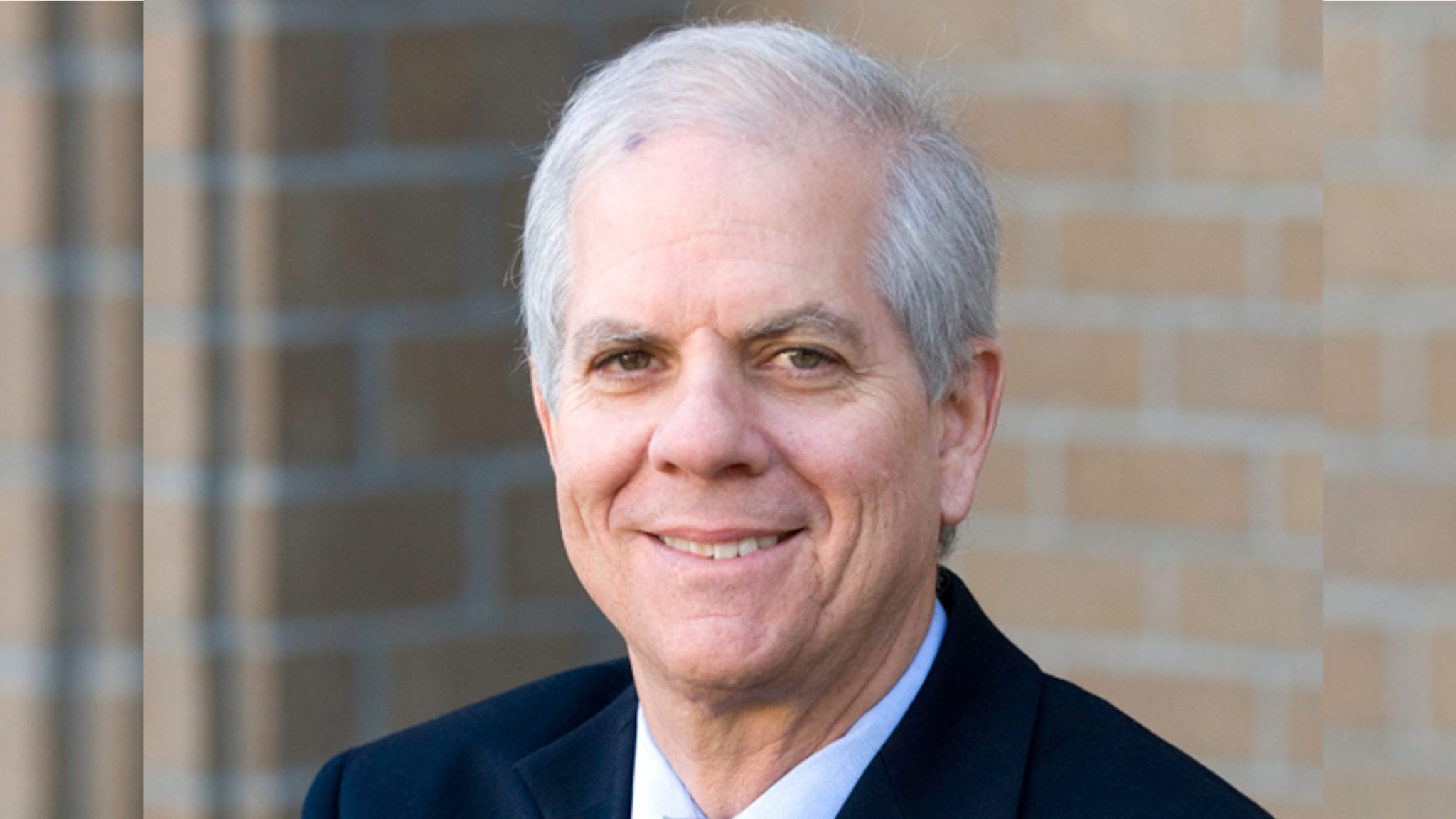
Ed Engleman (Stanford Blood Center)
Stanford star oncology scientist Ed Engleman helped create the immunotherapy field. Now he wants to shake up neurodegeneration R&D
Over the last generation of drug R&D, Ed Engleman has been a standout scientist.
The Stanford professor co-founded Dendreon and provided the scientific insights …
Sign up to read this article for free.
Get free access to a limited number of articles, plus choose newsletters to get straight to your inbox.